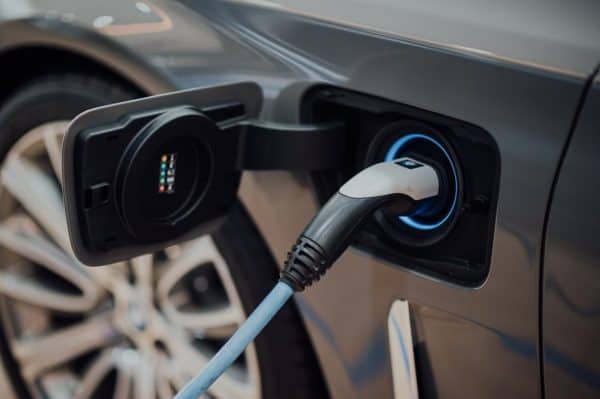
Today, roads still have a good mix of gasoline and electric vehicles. Major transitions are never easy, and the jump from gas to electric seems like a colossal one. But with the rising call for sustainability, electric cars are an attractive option.
For most of the world, electric cars are still a novelty. Most of us probably have not driven one yet, but electric cars might be the norm sooner than we think. Here are a few reasons why.
They cover different types of vehicles.
One hesitation towards the viability of adopting electric vehicles is their limited variety. When thinking of electric cars, we usually picture futuristic vehicles for the ultra-rich. Think Elon Musk or Leo DiCaprio.
But, electric vehicles are not just limited to personal cars. We are all aware of electric trains for public transport. But, there are more of these electric vehicles cropping up every day.
Public transit buses are becoming more popular worldwide. China remains the leading country with the most units, but Canada and the US pledge to catch up. The Canadian government is investing in electrifying its public transport systems.
Governments and companies are now also adopting electric trucks for logistics purposes. The Canadian National Railway purchased 50 fully electric vehicles last year. These vehicles will be part of their intermodal cargo fleet.
Electric transport is still a young technology. But manufacturers developing other vehicles are confident it will catch on. Electric airplanes and boats do exist and are under development.
They produce zero carbon emissions.
The number one selling point for electric cars is their clean carbon footprint. The world is waking up to the reality of climate change and the urgent call to take action.
Minimizing the world’s carbon emissions involves accountability from governments and manufacturers, yes. But, we must also take our personal lifestyle choices into account. This includes changing the way we travel if we can.
Transport currently accounts for one-fifth of the world’s carbon emissions. 74.5% of this comes from road vehicles, both freight and personal transport.
In the long run, going electric will put a considerable dent in our current carbon emissions. It’s a huge step forward in the fight against climate change. Clean, renewable energy is the future.
Canada’s cities are catching up.
It’s undeniable that gasoline-powered cars are more convenient at the moment. After all, we structured the industrial world around fossil-fueled vehicles and operations. But this is soon to change. Electric power is beginning to catch up.
To help cut carbon emissions, the Canadian government has taken decisive action. Canada has adopted some policies and programs incentivizing zero-emission vehicles.
Cost is one major deterrent when buying electric vehicles. To help, the Incentives for Zero-Emission Vehicles Program (iZEV) provides up to $5,000 incentives for consumers. They also provide tax write-offs for businesses selling pre-approved electric cars.
Another factor is the accessibility of charging stations. Instead of refueling at a gas station, drivers need to charge electric cars for a few hours.
There are currently 5,000 public charging stations in Canada. This number is only going to rise with the popularity of electric vehicles. You can also buy a charging station for your own home or office.
The world’s leading car companies have been going electric as well. The Ford Mustang, an iconic automobile series, is one of them. So, if you are looking for a 2021 Ford Mustang, you might want to consider their Mustang Mach-E.
It is a fully electric, fast-charging, and spacious car. It can make the jump from gas to electric a breeze.
 Gearfuse Technology, Science, Culture & More
Gearfuse Technology, Science, Culture & More


